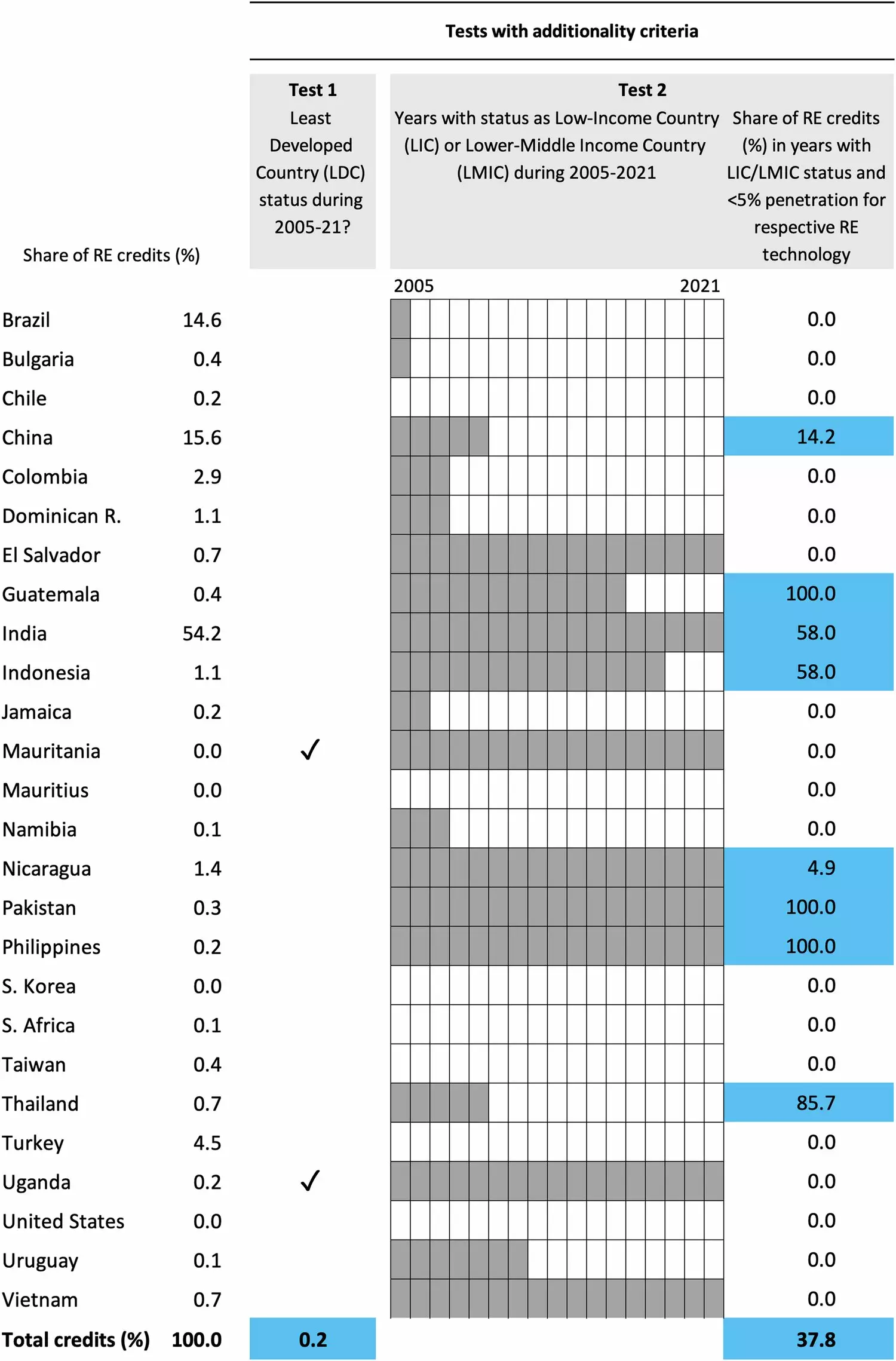In recent years, numerous corporations have lauded their commitments to achieving carbon neutrality. However, a recent study published in *Nature Communications* casts doubt on these claims, revealing that many major companies are relying on low-quality carbon offsets from the voluntary carbon market (VCM). This raises important questions about the integrity of corporate sustainability and the genuine impact of these supposed climate actions.
The research conducted by Kyoto University revealed alarming insights into the practices of 20 leading companies across various industries, including oil, aviation, and automotive sectors. By analyzing a comprehensive dataset of offset retirements from the largest registries such as Verra, the United Nations Clean Development Mechanism, and Gold Standard, the study critically assesses the quality of these carbon credits. Surprisingly, it found that none of the investigated firms could substantiate their claims with offsets that adhered to established quality standards.
This investigation suggests a troubling trend—corporations seem to prioritize cost-effectiveness over genuine environmental progress. Most of the offsets purchased came from projects that were initiated over a decade ago, indicating a pattern where companies are leveraging outdated credits to bolster their current environmental credentials. Such practices not only challenge the authenticity of corporate carbon neutrality claims but also reflect a deeper issue of accountability within the corporate framework for climate action.
The implications of these findings are significant, especially since nearly all the companies in question prominently advocate for ambitious net-zero targets. The coexistence of these lofty goals with the procurement of low-quality offsets paints a picture of “greenwashing”—where companies present a misleadingly positive environmental image without delivering substantial results. Lead author Gregory Trencher emphasizes that these practices might mislead consumers and stakeholders about the true environmental impact of corporate initiatives.
The term “greenwashing” has gained traction in recent years, as consumers increasingly demand transparency and commitment from brands. The disconnect between publicly stated goals and actual practices can diminish trust, ultimately undermining efforts to combat climate change. This situation not only affects corporate reputations but also has wider repercussions on the effectiveness of global climate initiatives.
The study’s authors argue that the VCM cannot replace robust governmental policies aimed at enforcing tangible changes in production, supply chains, and energy technologies. Relying on flawed offsets as a substitute for meaningful action is short-sighted and potentially damaging.
To achieve real progress, businesses must commit to investing in innovative and forward-thinking solutions that facilitate actual emissions reductions. This could involve channeling funds into renewable energy projects, improving energy efficiency across operations, or developing sustainable supply chains. Real accountability will require a shift in corporate culture that values transparency, proactive environmental responsibility, and long-term sustainability over superficial compliance.
The findings from Kyoto University’s study highlight a pressing need for reform in corporate sustainability practices. As consumers grow more aware of the climate crisis, the demand for authenticity in corporate claims will increase. Companies must recognize that true sustainability cannot be achieved through cheap offsets and misleading branding. Instead, they must commit to genuine, measurable actions that contribute positively to environmental stewardship and address the climate crisis comprehensively.


Leave a Reply